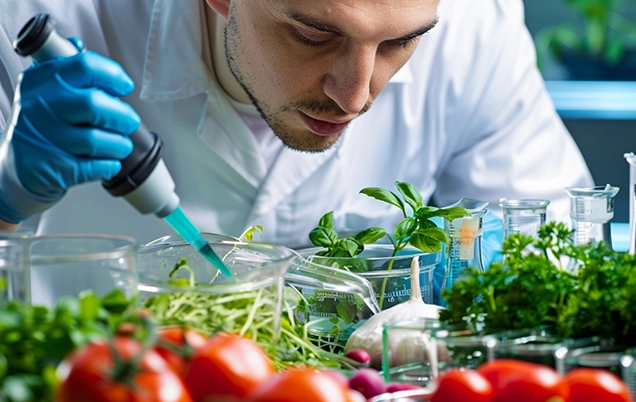Vegan Testing
Vegan Diet Trends
What is Vegan diet or Veganism?
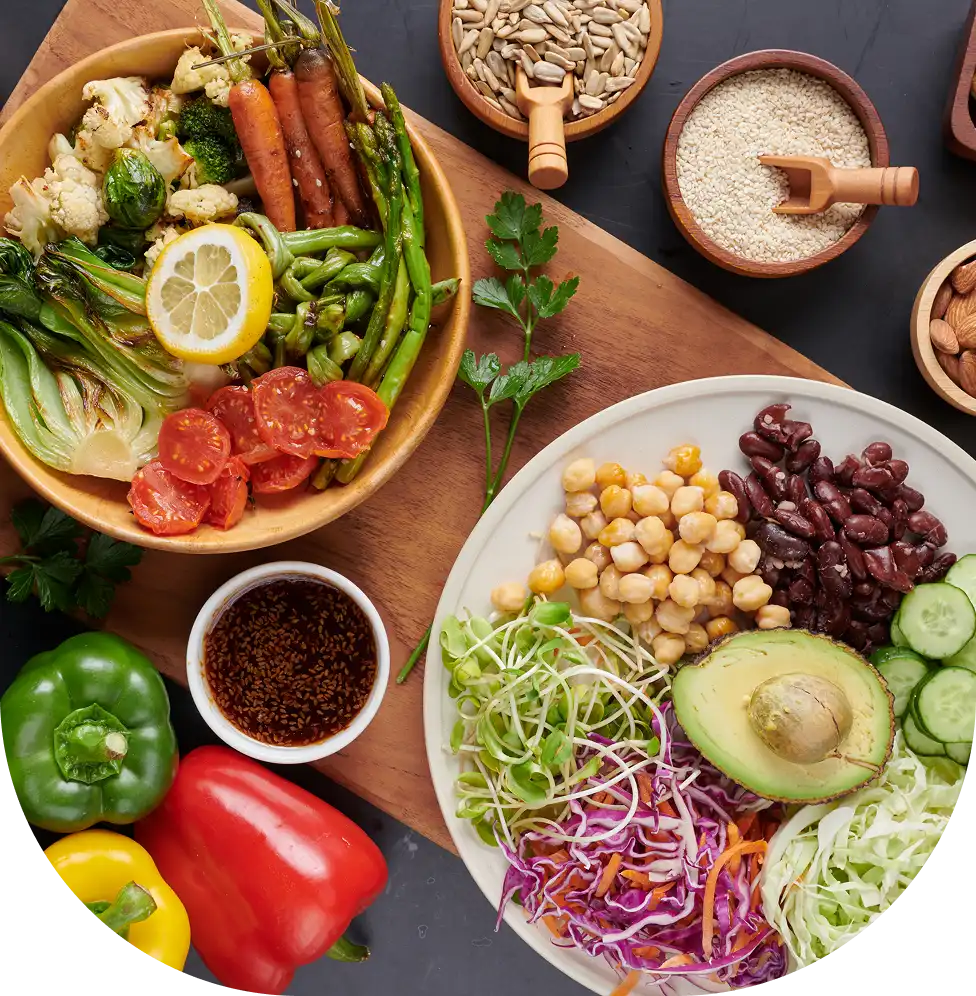
What are the food products the vegan Diet excludes?
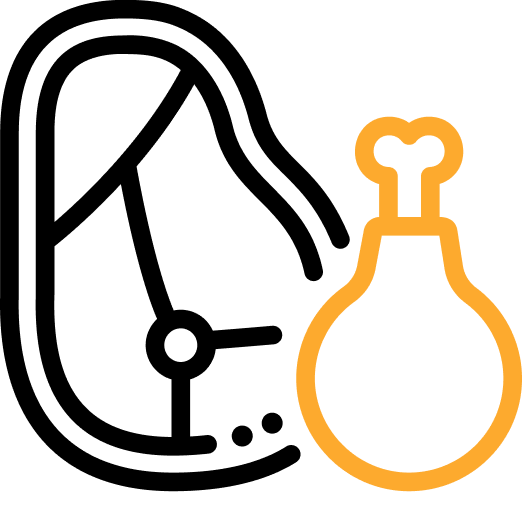
Meat and poultry
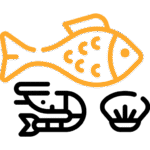
Fish and seafoods

Eggs
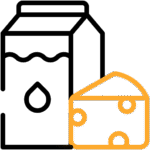
Dairy
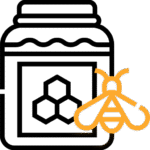
Bee products
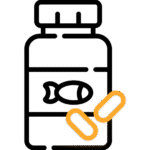
Animal-based ingredients or extracts
What are the food products the vegan Diet includes?
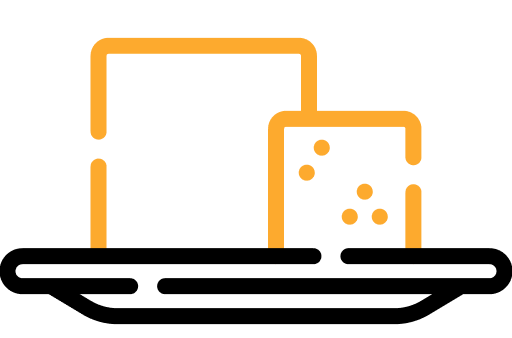
Tofu, tempeh, and seitan
These provide a versatile protein-rich alternative to meat, fish, poultry and eggs in many recipes

Seeds
Hemp, chia, and flaxseeds contain a good amount of protein and beneficial omega-3 fatty acids.
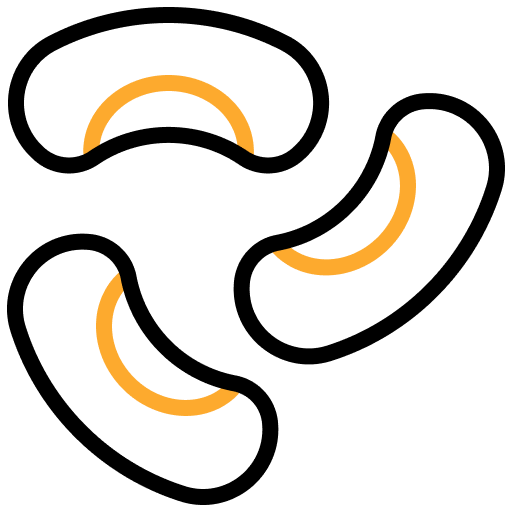
Legumes
Foods such as beans, lentils, and peas are excellent sources of many nutrients and beneficial plant compounds. Sprouting, fermenting and proper cooking can increase nutrient absorption.
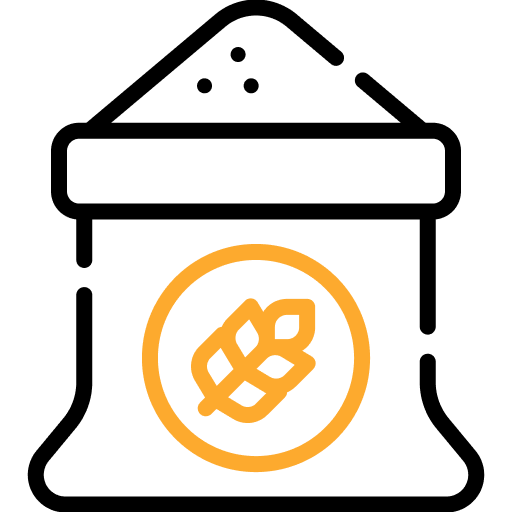
Nutritional yeast
This is an easy way to increase the protein content of vegan dishes and add an interesting cheesy flavour. Pick vitamin B12-fortified varieties whenever possible.
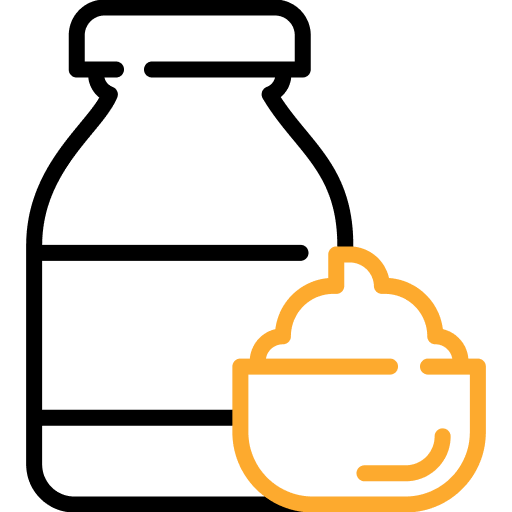
Calcium-fortified plant milk and yogurt
These help vegans achieve their recommended dietary calcium intake. One can opt for varieties also fortified with vitamins B12 and D whenever possible.
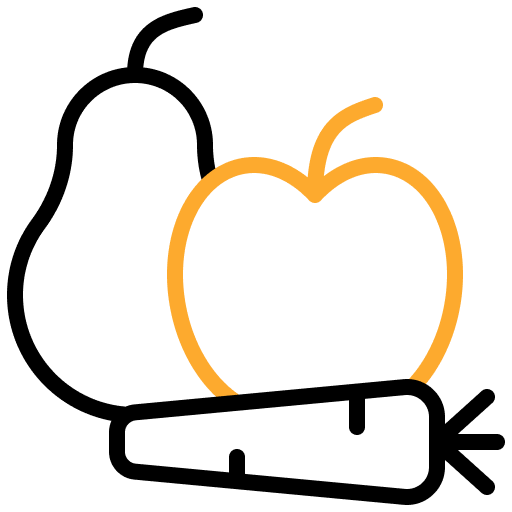
Fruits and vegetables
Both are great foods to increase your nutrient intake. Leafy greens such as bok choy, spinach, kale, watercress and mustard greens are particularly high in iron and calcium.
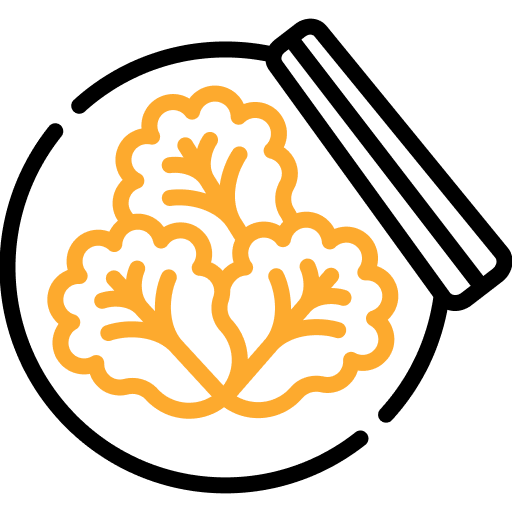
Sprouted and fermented plant foods
Ezekiel bread, tempeh, miso, natto, sauerkraut, pickles, kimchi, and kombucha often contain probiotics and vitamin K2. Sprouting & fermenting can also help improve mineral absorption.
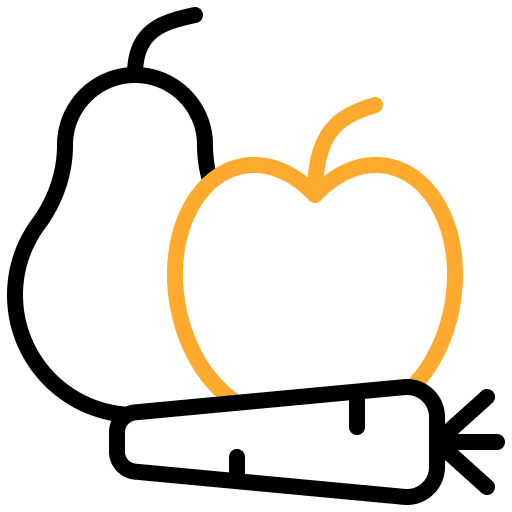
Fruits and vegetables
Both are great foods to increase your nutrient intake. Leafy greens such as bok choy, spinach, kale, watercress and mustard greens are particularly high in iron and calcium.
Types of Diets
A key distinction is that although most of these diets are defined by what they exclude, the plant-based diet is defined by what it includes.
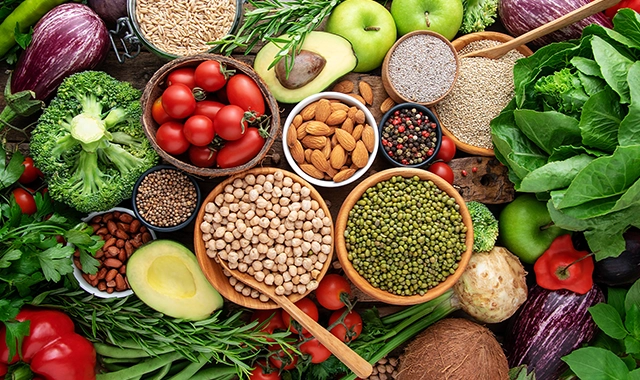
Lacto-vegetarian
Ovo-vegetarian
Lacto-ovo vegetarian
Mediterranean
Whole-foods, plant-based, low-fat

Concerns
Recent Regulation Notifications

